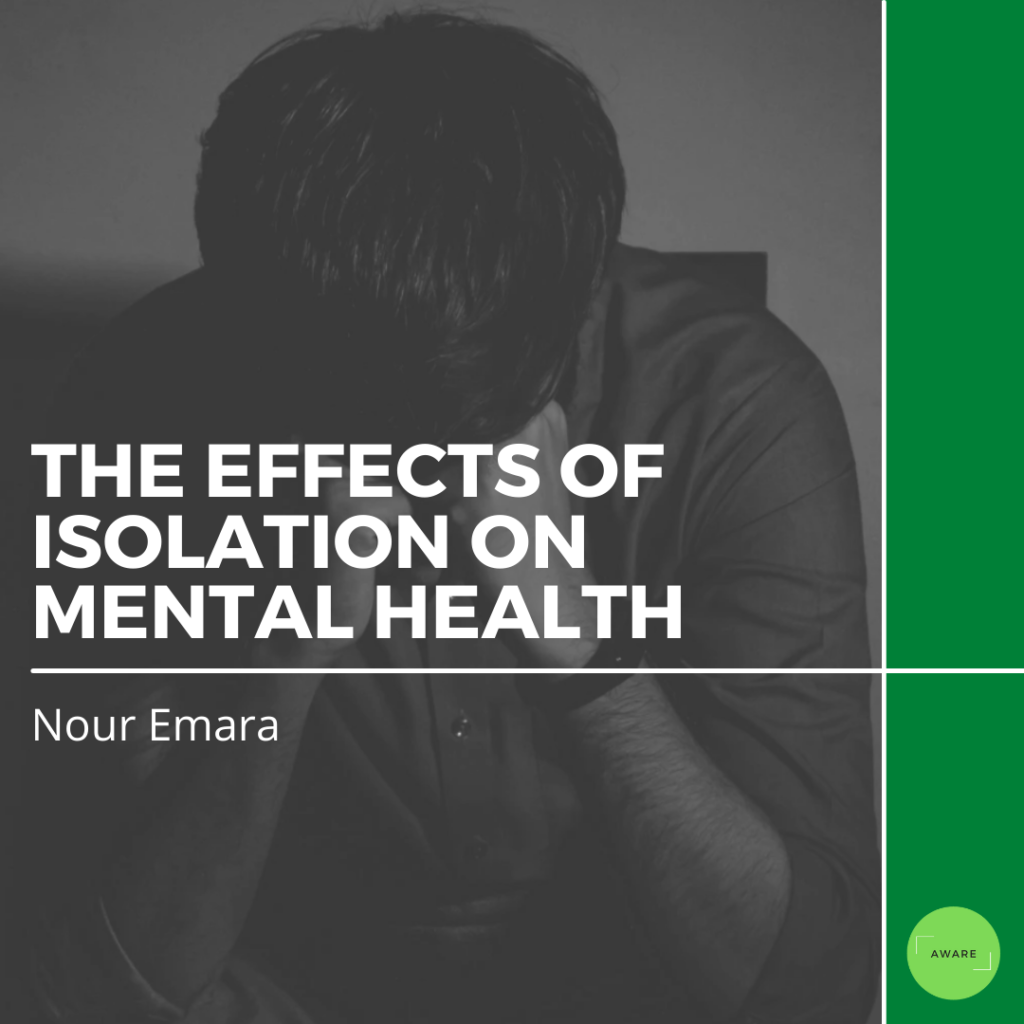It has been 16 months since COVID-19 has been declared a pandemic on the 11th of March in 2020. It has been a long 16 months and millions of people have had to self-isolate either because they have been infected with the virus or have been exposed to people who have caught the virus. Whilst self-isolation is essential to preventing infection of others, being trapped in a room alone for 14 days can have deteriorating effects on our mental health and, since the pandemic started, it has become a huge area of research for many psychologists.
Isolation and Mental Health
According to the WHO, social support networks can have a significant positive effect on health. In fact, many countries are now treating loneliness as a health priority. Social connection is crucial for both mental and physical health. Some researchers even believe that relationships are a biological need and vital to our well-being and survival.
Some of the mental health risks associated with loneliness and isolation may include –
- Depression
- Anxiety
- Schizophrenia
- Suicide
- Dementia
- Alzheimer’s
Researchers have also identified links between loneliness and some physical conditions, such as heart disease and breast cancer.
Who is at risk?
Older adults are especially likely to feel isolated. Before the COVID-19 pandemic, researchers estimated that isolation affected more than 8 million older adults. One of the reasons that older adults are more at risk of loneliness is that they often experience important life changes, such as –
- Retirement
- Widowhood
- Children leaving home
- Age-related health problems
Signs and Symptoms to Look Out For
Some signs and symptoms that suggest that isolation is affecting a person’s mental health may include –
- Feelings of depression and anxiety
- Aggressive behavior
- Passive attitude
- Poor sleep quality
- Cognitive decline
- Altered memory
- Poor self-care
How to Stay Connected
Finding ways to connect with others can reduce the effect of loneliness on people’s mental health as they shelter in place. Reaching out to loved ones, friends, and those in need takes many forms today. With multiple platforms to choose from, people can connect via –
- Phone and text
- Social media
- Video chat platforms
